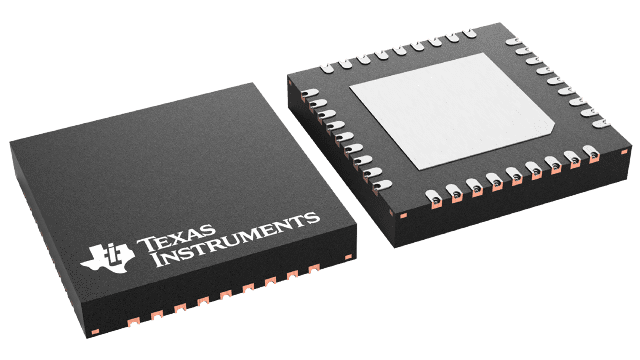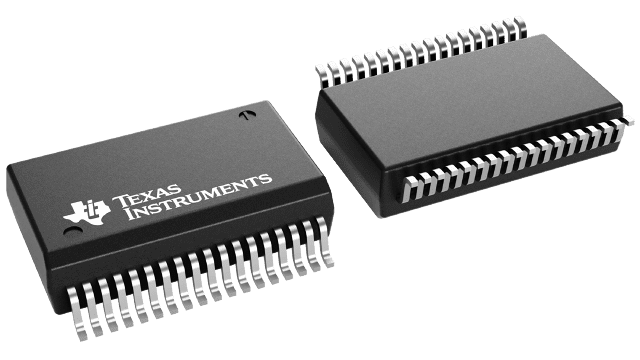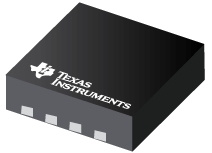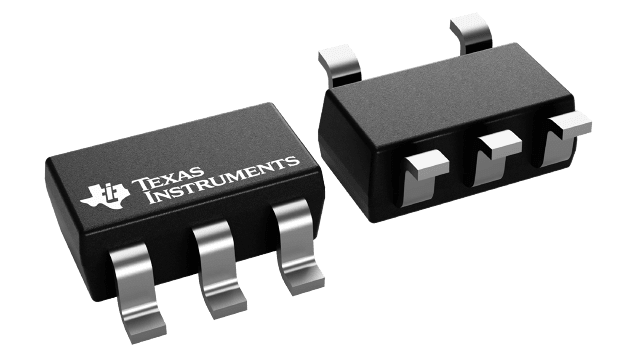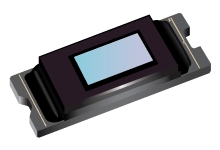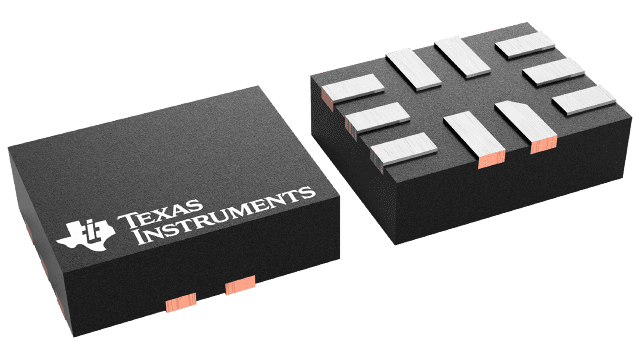 Microcontrollers (MCU)
Microcontrollers (MCU)
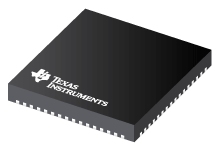
MSP432P401YIRGCR
Texas Instruments

The SimpleLink MSP432P411x and MSP432P401x microcontrollers (MCUs) are optimized wireless host MCUs with an integrated 16-bit precision ADC, delivering ultra-low-power performance including 100 µA/MHz in active power and 820 nA in standby power with FPU and DSP extensions. As an optimized wireless host MCU, the MSP432P411x and MSP432P401x let developers add high-precision analog and memory extension to applications based on SimpleLink wireless connectivity solutions.
The MSP432P411x and MSP432P401x devices are part of the SimpleLink MCU platform, which consists of Wi-Fi, Bluetooth low energy, Sub-1 GHz, and host MCUs. All share a common, easy-to-use development environment with one core software development kit (SDK) and a rich tool set. A one-time integration of the SimpleLink platform lets you add any combination of devices from the portfolio into your design. The ultimate goal of the SimpleLink platform is to achieve 100 percent code reuse when your design requirements change.
MSP432P411x and MSP432P401x MCUs are supported by a comprehensive ecosystem of tools, software, documentation, training, and support to get your development started quickly. The LaunchPad development kit or MSP-TS432PZ100 target socket board (with additional MCU sample) along with the free SimpleLink MSP432 SDK are all you need to get started.
- Core
- Arm 32-Bit Cortex-M4F CPU With Floating Point Unit and Memory Protection Unit
- Frequency up to 48 MHz
- ULP Benchmark
- 150.6 ULPBench-CP
- 3.41 CoreMark/MHz
- 1.22 DMIPS/MHz (Dhrystone 2.1)
- Advanced Low-Power Analog Features
- SAR Analog-To-Digital Converter (ADC) With 16-Bit Precision and up to 1 Msps
- Differential and Single-Ended Inputs
- Two Window Comparators
- Up to 24 Input Channels
- Internal Voltage Reference With 25-ppm/°C Typical Stability
- Two Analog Comparators
- Integrated LCD Driver With Contrast Control for up to 320 Segments
- SAR Analog-To-Digital Converter (ADC) With 16-Bit Precision and up to 1 Msps
- Memories
- Up to 2048KB of Flash Main Memory (Organized Into Two Banks Enabling Simultaneous Read or Execute During Erase)
- 32KB of Flash Information Memory (Including area used for BSL, TLV, and Flash Mailbox)
- Up to 256KB of SRAM (Including 8KB of Backup Memory)
- 2KB of Utility SRAM
- 32KB of ROM with MSP432™ Peripheral Driver Libraries
- Ultra-Low-Power Operating Modes
- Active: 100 µA/MHz
- Low-Frequency Active: 95 µA (at 128 kHz)
- LPM3 (With RTC): 820 nA
- LPM3.5 (With RTC): 820 nA
- LPM4: 690 nA
- LPM4.5: 22 nA
- SimpleLink Platform
- Support for Bluetooth Low Energy, Wi-Fi, and Sub-1 GHz
- Single Development Environment
- 100% Code Reuse Across SimpleLink SDK
- Operating Characteristics
- Wide Supply Voltage Range: 1.62 V to 3.7 V
- Temperature Range (Ambient): –40°C to 85°C
- Flexible Clocking Features
- Programmable Internal DCO (up to 48 MHz)
- 32.768-kHz Low-Frequency Crystal (LFXT)
- High-Frequency Crystal (HFXT) up to 48 MHz
- Low-Frequency Trimmed Internal Reference Oscillator (REFO)
- Very-Low-Power Low-Frequency Internal Oscillator (VLO)
- Module Oscillator (MODOSC)
- System Oscillator (SYSOSC)
- Code Security Features
- JTAG and SWD Lock
- IP Protection (up to Four Secure Flash Zones, Each With Configurable Start Address and Size)
- Enhanced System Options
- Programmable Supervision and Monitoring of Supply Voltage
- Multiple-Class Resets for Better Control of Application and Debug
- 8-Channel DMA
- RTC With Calendar and Alarm Functions
- Timing and Control
- Up to Four 16-Bit Timers, Each With up to Five Capture, Compare, PWM Capability
- Two 32-Bit Timers with Interrupt Generation Capability
- Serial Communication
- Up to Four eUSCI_A Modules
- UART With Automatic Baud-Rate Detection
- IrDA Encode and Decode
- SPI (up to 16 Mbps)
- Up to Four eUSCI_B Modules
- I2C (With Multiple-Slave Addressing)
- SPI (up to 16 Mbps)
- Up to Four eUSCI_A Modules
- Flexible I/O Features
- Ultra-Low-Leakage I/Os (±20 nA Maximum)
- All I/Os With Capacitive Touch Capability
- Up to 48 I/Os With Interrupt and Wake-up Capability
- Up to 24 I/Os With Port Mapping Capability
- Eight I/Os With Glitch Filtering Capability
- Encryption and Data Integrity Accelerators
- 128-, 192-, or 256-Bit AES Encryption and Decryption Accelerator
- 32-Bit Hardware CRC Engine
- JTAG and Debug Support
- 4-Pin JTAG and 2-Pin SWD Debug Interfaces
- Serial Wire Trace
- Power Debug and Profiling of Applications
MSP432P401YIRGCR Inventory
by: Texas Instruments



